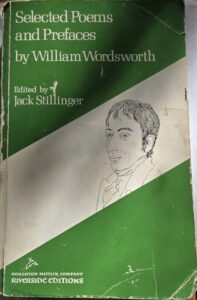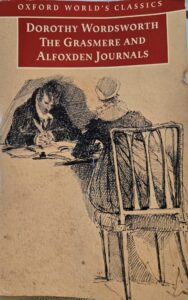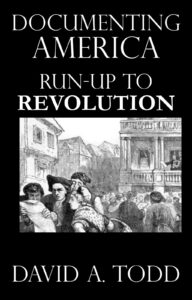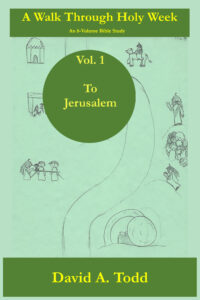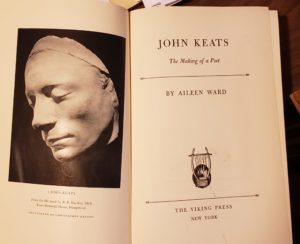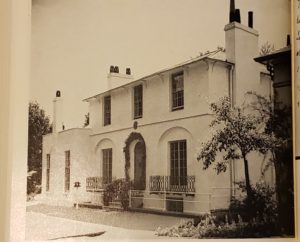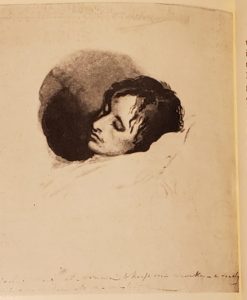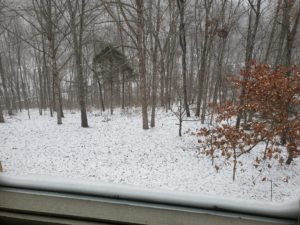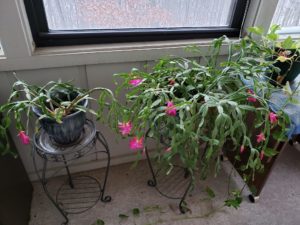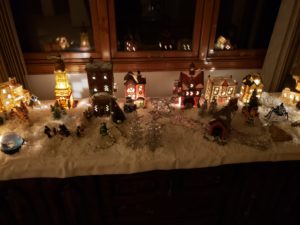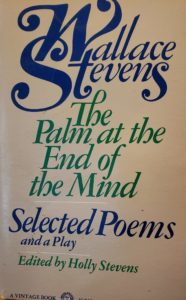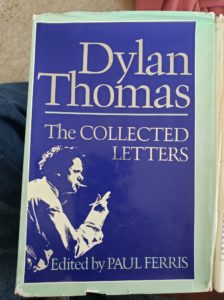As I’ve described in other posts, one of the special projects that is taking me from my writing is scanning/saving copies of old letters. The goal is to get rid of notebooks of paper. The letters get saves to the “cloud”, also to my harddrive, and I can get rid of notebooks.
I’m currently working on a notebook that contains letters from 2003-04. This was a time when:
- I was still working fulltime, in a fairly stressful job;
- We had four foster kids, up until June 2003
- I was a moderator at two different internet poetry boards—successively, not at the same time.
- I had a different e-mail address, one that I later abandoned and lost whatever e-mails were stored on its servers when it went defunct.
What I did back then, not thinking much about the future, and still somewhat stuck in a pre-internet mindset, I printed e-mails and instant messages, saved the papers, and deleted the electronic files. I know, what was I thinking? I obviously wasn’t thinking about a time, almost 20 years in the future, when those notebooks of paper files would be a heavy burden to get rid of.
On the other hand, since I printed and saved these communications, I still have them in 2022 even though those electronic files are lost. So, that is the silver lining to this.
In February, 2003, I agreed to become a moderator at the Poem Kingdom website. This was another “what was I thinking” moment. The site was the main place where I learned poetry, and how to critique poetry. I had been to other sites earlier—Wild Poetry Forum and Sonnet Central—but PK was what I needed in my early learning process. I studied hard and learned fast.
Alas, the site was beset by strong personalities that clashed, and argument after argument came upon the site. The better, more experiences poets and “critters, ” as we called ourselves, left. They formed other poetry message boards and started over, bringing people from PK to their site. It was when PK was already in this decline that I was asked to join the mod squad there.
As I described it to one former member who tried to recruit me for his site, it was like putting a Volkswagen engine in a battleship and trying to get it turned and moving back in the correct direction. It could be done, but would take time.
Scanning and saving these paper files from that era has brought back a lot of memories, many of them not that pleasant. We had a poetry war in early April 2003, as poems for and against the then-raging Iraq war were posted and critiqued. Strongly opinionated people let their feelings come out and did more than critique poems.
There had been poetry wars in October 2002 and January 2003 and February 2003, each of which resulted in much poetic talent leaving the site. ‘Twas sad times, and sad communications from those times.
But good also came. I had many written conversations with other poets about the art and craft of poetry. I forged a few friendships that continue to this day.
As a result of this, I spent a little time on Facebook looking for these old comrades and opponents in the poetry wars. I found some. One man in particular, who was the biggest thorn in my side, I found living in a foreign country. Now married (I think) to an Asian bride, he resides in her native land. His FB posts make it seem like he has done a 180 in his politics. I almost clicked on the “Invite Friend” button, but I hesitated. Did I really want this man back in my life? After reading a few more communications from him, I decided I did not and moved on. He obviously hadn’t come looking for me.
Another one or two people I might message or friend. We’ll see.
Even though this is giving me a significant amount of work, I’m now glad (given that the electronic files were lost) that I printed and saved these communications. I’m only skimming as I scan. I hope someday to cobble them up into a book that I will have printed just for me, and read them at leisure. How was my performance during the Poetry Wars? Did I behave well? Did my attempts at peace-making have any positive results? Did that Volkswagen engine at all move the battleship before the owner let the domain name die and lose the site? Reading these will tell.
